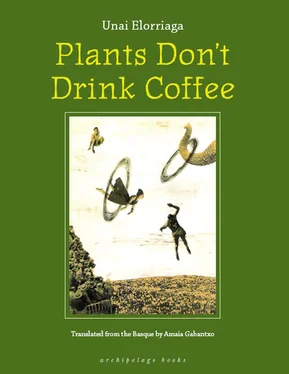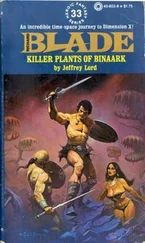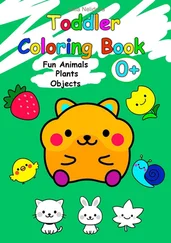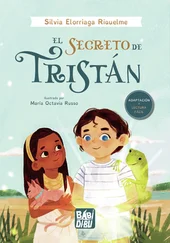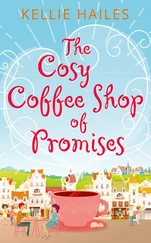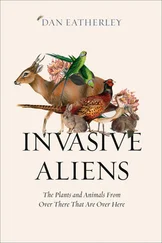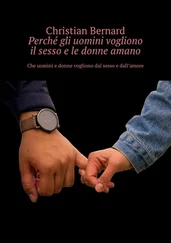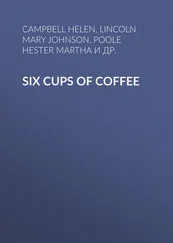Uncle Simon is a bit crazy. But he has a friend who is crazier still: Gur. Gur is a man who sometimes tells the truth and sometimes tells lies. Right now, Uncle Simon and Gur are making a rugby field, because it’s summer.
There are more insects in summer than in winter. But February is winter. So is January.
January 42nd, winter:
“And actors, Simon? How many actors do you think there are in the world?” Gur.
“Many,” Simon.
“A thousand?”
“Maybe more,” Simon.
“I’ve seen three movies being filmed,” Gur: “Two in Europe and one in America.”
“America? When were you in America?”
“In America? I’ve been in America lots of times. In Canada and in Uruguay.”
“And Argentina?”
“In Argentina too.”
“. .” Simon.
“And what about letters, Simon? How many letters are sent daily, in the entire world?”
“Letters? Lots of them.”
“And how many go to Africa?”
“Only a few go to Africa,” Simon.
“And to African athletes? How many letters go to African athletes?” Gur.
“. .” Simon.
Gur left the path then. A long umbrella was hanging from the branch of a fig tree. Gur took the umbrella and walked with it some of the way. After five hundred meters or so he abandoned it by a bridge. Simon continued talking:
“I’m going to call Ireland, Gur.”
“Ireland? What are you going to call Ireland for?” Gur.
“What do you mean, ‘What are you going to call Ireland for?’ I told you already. Didn’t I tell you?”
But Gur made a strange face, so Simon had to explain it again, why he wanted to call Ireland. Simon explained he’s always wanted to be linesman in a rugby match. Gur told him he knew that already, that he’d often told him he’d like to be a linesman. Simon then said he’d always wanted to, for years and years, and even if it was to happen only once in his life, he would love to be a linesman in a rugby match. And he wanted to be linesman in a good match, even if it happened only once in his life, that’s why he wanted to call Ireland. Gur nodded to show he remembered Simon telling him something like that before. And then Simon said that he was going to call the Irish Rugby Federation; Simon thought they probably needed linesmen for friendly matches. He would do it for free, too. Even if he had to pay for it he would do it. But that was the main thing, to be linesman in a good match; a friendly one all right, but one with good players, and in Ireland. Simon didn’t care if it was in Ireland or Australia or South Africa, but Ireland was closest, and he was going to call Ireland. The Federation.
Gur asked didn’t he need some sort of qualification to do that, to be a linesman. Simon said that no, it wasn’t necessary in friendly matches. He explained that sometimes there are no linesmen in friendly matches; they always have a referee, but sometimes there are no linesmen. And often, in friendly matches, each team makes a player a linesman, normally a reserve player; because, you know, there isn’t a lot of money in rugby. And he ended saying they would be very grateful to him, to Simon, if he offered his services as a lineman. For a friendly match.
“My problem is English,” said Simon. “Speaking it on the phone.”
“I know a bit of Latin,” said Gur.
“But I’ve thought about that too. Do you know that lady? You know who, Piedad, she’s often at Rosa’s place. She lived in England for many years, and worked in a hospital. She must speak good English. I’ll ask for her help. To phone them. The Federation.”
January 45th, winter:
“Martina. . that lady, you know who, she’s often with you. . Piedad. .” Simon.
“Piedad Aldana,” Martina.
“She must speak good English.”
“She spent forty years in England, or fifty, I don’t know how many. She probably speaks better English than Basque.”
“I have to ask her for something,” Simon.
“She’ll be happy to help you. She doesn’t have anything else to do. She’s often at Rosa’s in the evenings, Piedad is.”
“Which evening should I come?”
“Any evening. .”
“. .” Simon.
“My varicose veins are getting worse by the day,” Martina. “Did you bring the bread, Simon?”
January 53rd, winter:
Rosa’s home, the sewing room, four people: Rosa herself, Martina, Simon, and Piedad.
Piedad:
“Whenever you want, Simon. And the Federation’s number? Do you have the number for the Irish Rugby Federation, Simon?”
January 54th, winter:
Piedad, with the handset close to her ear, is translating what the man from the Rugby Federation says. Simon listens; he’s all ears.
The man from the Rugby Federation asks Piedad if she’s joking; if it’s one of those TV or radio station pranks. Because it’s not at all normal to have a woman phone the Federation to offer a friend as a linesman in a friendly match. And then he asks again if the whole thing is a prank. Piedad says it isn’t, because Simon tells her to say so.
The man from the Rugby Federation becomes suspicious then. He thinks Piedad called from the British Rugby Association. Because of her accent. He thinks Piedad has called the Irish Federation to spy on them, why otherwise. And then the man from the federation tells Piedad exactly what he thinks about that. Piedad denies everything twice: “The thought of it, Christ Almighty.”
And they continue talking for a couple of minutes more, Piedad and the man from the Federation. But Piedad no longer translates for Simon. The man from the Federation says that he’s sorry but no, no is the final word.
February 38th, winter:
Piedad, with the handset close to her ear, translating what the man from the Irish Rugby Federation says once more.
The man from the Irish Rugby Federation says: Hello there again, if it isn’t the crackpots from the other day. Piedad translates something different for Simon. Simon understands it’ll be more difficult than he thought to be linesman in a rugby match.
A cloud that looks a lot like a rugby ball crosses the sky, and Piedad and Simon see, on TV, that the temperature is five degrees Celsius in the southern coast of Ireland. On Thursday, February 38th.
February 42nd, winter:
“Shall we call again, Piedad? Do you mind?” Simon.
“Call where? The Federation, again?” Piedad.
“The Federation, again. It’s the last time, Piedad.”
“Truly, the last time?”
“I swear.”
“. .” Piedad.
“Pick up the phone: zero zero, three five three. .” Simon.
February 44th, winter:
“We’ve called three times, Gur. The Federation. The Irish one. Three times,” Simon.
“And?” Gur.
“They haven’t paid us much attention,” Simon. “They said to send a letter. They said the Federation deals with things like these by letter, and to send them a letter. With all the details.”
“And?” Gur.
“I think they’ve told us that to get us to leave them alone, so that we don’t call them anymore. So that we leave the Federation in peace.”
Gur left the path then. There was a swimming pool member ID card on the bridge’s parapet, which someone must have lost. Gur looked at the photograph to see if it belonged to anyone he knew. Then he left it back on the parapet. He returned to the path.
“And? Did you write the letter or what?” Gur.
“We’ve written it and sent it,” Simon. And I’ve written all the rules on a piece of paper, the rugby ones. Piedad wrote them down in English. All the rules. Maybe not all of them, but most of them for sure, the main ones. I don’t want the guys in the Federation to think I’m an idiot. Or that I’m crazy.”
Читать дальше
